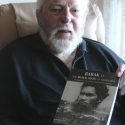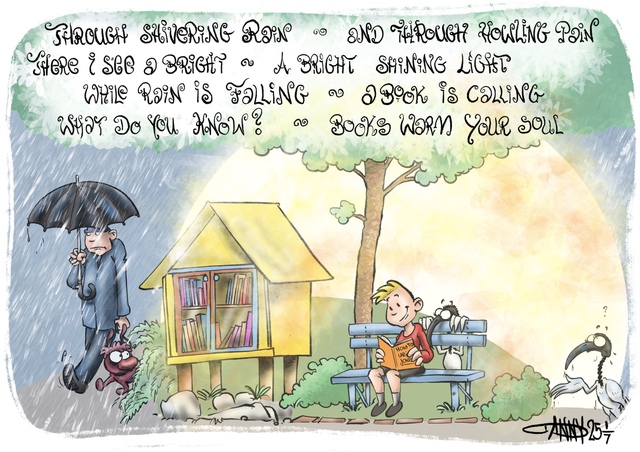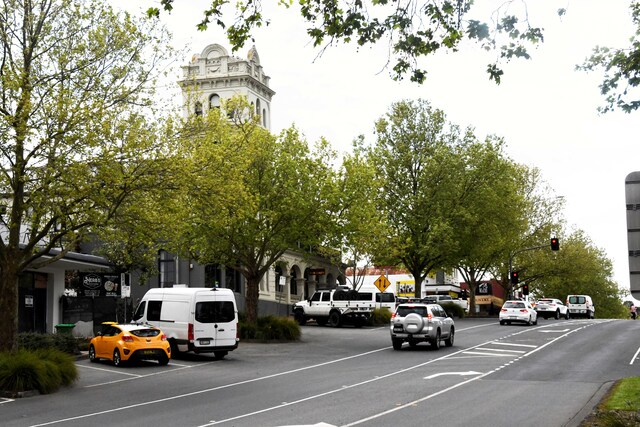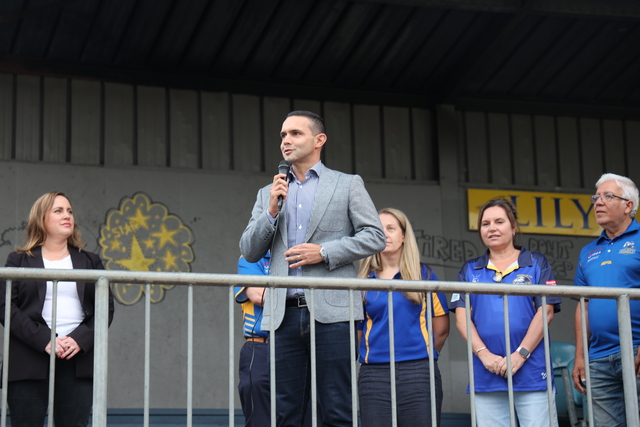By Kath Gannaway
Book reveals how powerful vested interests destroyed Coranderrk…
A book launched on Sunday 9 July is set to turn the traditional understanding behind the final closure of Coranderrk Aboriginal Station on its head.
Author Mick Woiwod launched the book, Barak vs The Black Hats of Melbourne, at the Rosina Auditorium in the grounds of the Abbotsford Convent as part of Naidoc Week.
The latest of Mick Woiwood’s 21 history books, the 350 page volume is the culmination of half a life-time of passion for the history and stories of Aboriginal Victoria and the result of decades of research.
The question that always puzzled Mick was why Coranderrk, a successful and productive enterprise on the Yarra River at Healesville, had ultimately failed.
Accepted, he said, was that European settlement had removed the Wurundjeri people from their traditional hunting grounds in the first place, but the final 1924 removal of the last of the Coranderrk Aboriginals from the station was a mystery that played on his mind.
Speaking from his home in Eltham, he said his interest in Australia’s first people started early as a boy living in Frankston.
His grandfather pointed out mounds of shells as they walked along the beach together, he said.
“That’s where blackfellas used to sit and eat their dinner,” he told me.
“That got me thinking,” he added.
It was a seed that led the 60-year-old bricklayer to a university degree and spend the past 27 years researching and writing history books, many of them documenting the life and times of post-European Aboriginal settlement.
The clue that set him on his detective-like research for Barak vs The Black Hats was just a few words.
“I found the clue at the State Library; no bigger than a postage stamp, about 25 words in a newspaper,” he said.
“Coranderrk blacks alleged to have shot 10 deer”.
“It didn’t say any more than that,” he said.
It was new information that could explain why the Board for the Protection of Aborigines had changed almost overnight.
“I thought there had to be a connection,” he said.
That connection, he discovered was the very powerful and wealthy Victorian Acclimatisation Society.
Mick said his research shows it was the VAS that released the deer at Yering.
“They were nostalgic for the old country and had brought in rabbits, hares, foxes, starlings and the deer, including those that were shot by the Coranderrk Aboriginals.
Barak was among those who shot the deer, but it was ruled that as they had been released for shooting, there were no charges to be faced.
The book traces, through documents from that era, the clandestine moves behind the wealthy ‘Black Hats’ to close Coranderrk.
“In 1874, intent upon additional introductions onto their land, these Black Hats had organised the dismissal of Coranderrk’s high-achieving manager,” Mick said.
When informed that William Barak had shot five of the released deer, they had taken control of the BPA and set about the expulsion of its residents.
Mick said Barak stood firm, leading a series of deputations into Melbourne, and blocked every move by the Black Hats to close Coranderrk.
Ultimately, Coranderrk was starved of funding and managers appointed with instructions to run the station into the ground.
It closed in 1924.
In a foreword to the book, Wurundjeri Elder, Aunty Joy Murphy Wandin AO, commended Mick for the book.
“It contains truths from the mouths of white English males who were obsesses with taking from a civilisation that had existed for thousands of years,” she said.
“Barak and our people were a caring and happy people,” she wrote.
“They were wise and productive. They were self-taught engineers of an industry condensed in nature.
“Mick’s book tells us of how the other side of the world lived, who only knew of richness in how they lived under a gilded roof, their expensive clothing and the golden coins; we were happy and caring people.”
Mick said it’s a book that sets the record straight, and he knows it will be controversial.
To hear Mick speak on the book, tune into The Conversation Hour with Jon Faine on ABC radio 774, Wednesday at 11am, when he will be a guest.
A launch is planned for Healesville in August.







